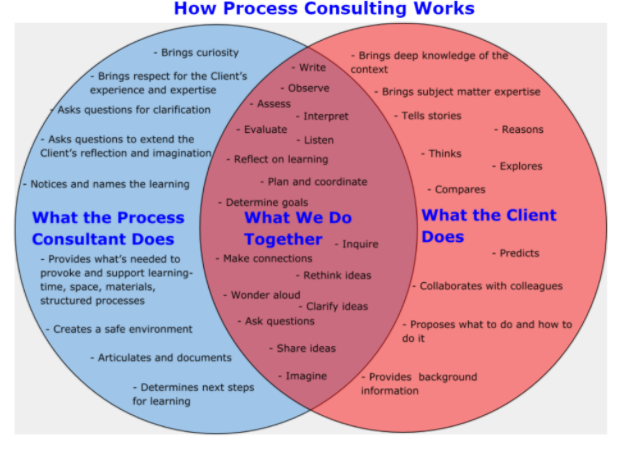.png) I took a walk with a friend who had spent some of his growing up years as a refugee in the largest refugee camp in Kenya. Because I had spent some years as a humanitarian aid worker in similar situations in other parts of the world, I was curious. I asked, “Who was in charge of the camp?”
I took a walk with a friend who had spent some of his growing up years as a refugee in the largest refugee camp in Kenya. Because I had spent some years as a humanitarian aid worker in similar situations in other parts of the world, I was curious. I asked, “Who was in charge of the camp?”
His voice gained energy as he explained how the refugees had organized themselves for governance and named the leaders of their long term refugee camp communities as they had done in their home communities.
His response surprised and humbled me. I had been expecting him to tell me that the United Nations or Doctors Without Borders oversaw the camp. My friend saw the refugee camp from a different angle. As a refugee himself, he rightly saw himself and his fellow displaced people as the subjects of their own lives and not as objects to be acted upon by an external agency. They were in charge of the camp.
That experience made me remember a time long ago when I was writing a fundraising letter for a local affiliate of a national nonprofit. I arranged to interview a mother from the neighborhood that the nonprofit served. I had been told that her son excelled in school and that his success could become a good impact story for donors.
The mother turned my expectations upside down and made me see things in a new way. She did not credit the nonprofit with her son’s academic performance or for her increased family stability. As she reflected on her life, she and her family were rightly at the center of their own story. They were the people who were in charge, taking action and using the resources available to them. They had never thought of themselves as being part of the “target group” of a local affiliate of a national nonprofit. The nonprofit was one of the many resources that the mother accessed in the complex constellation of how she managed her family. Her son’s success had to do with her own nurture, their family culture, school support, and many other factors. The mother did not consider the nonprofit as the savior of her family.
Have you ever seen examples times when a “helper” takes all the credit for the outcomes? Times when the personal autonomy and decision-making power of a person or group is diminished because outsiders have decided what would be helpful rather than coming alongside with humility as a learner? This happens all too often in international, intercultural and interracial settings when the power imbalance tips towards the helper.
When I first started reflecting on the vocabulary of process consulting, I felt wary of the word “help” because I had seen too many examples of times when “help” represented power being exercised over someone who was perceived to be in a position of less power. Help must always be paired with humility and a deep respect for the Client’s knowledge and lived experience.
After a serious earthquake near Jogjakarta, Indonesia, an Indonesian nongovernmental organization (NGO) worked with a community to plan long range recovery in their village. I played a process consulting role with the local NGO. Each of us brought knowledge and background to the co-created plan. The local people knew the relationship dynamics of the village, the leadership structure, and how things needed to function. The local NGO brought their experiences in working with other Indonesian disasters and their awareness of local supply chains. As an outsider, I brought knowledge of international standards for humanitarian response and an ability to ask the questions that would allow a complete plan to develop so that funding could be secured. The ownership of the project rested with the local community. They assessed the needs, created the action plans, and rebuilt their village. The local NGO and my international NGO supported the community’s action.
In contrast, after the Asian tsunami of 2004, I witnessed an entire village of brand new homes sitting empty and unused. They had been rebuilt in Aceh by a humanitarian agency. No local people moved into that building development because the “helpers” had never consulted local people in the planning of house styles and never asked people what was important to them. The “helpers” had the power and did not know what they did not know.
My years of international experience have shaped my practice as a process consultant. As process consultants, we help Clients when we come alongside with questions and an attitude of learning rather than an attitude of taking charge and solving problems to our own satisfaction. We help best when we remember that our Clients’ choices and actions are at the center of their stories. We humbly support, clarify, and co-create as a resource to them, but their success rightly belongs to them. The Client, not the process consultant, needs to be the star of their own show.
People often ask me what a process consultant does. I developed the Venn Diagram, below, to help me describe the role of a process consultant coming alongside a Client. A process consulting approach works well both internationally and domestically, as well as interculturally. A key characteristic of a process consultant is the humility to be curious and to recognize the deep wells of knowledge and experience that our Clients bring. Our part is to ask the questions to bring the clarity needed for forward movement.
How have your life experiences shaped or enhanced your current work as a process consultant?

.png)